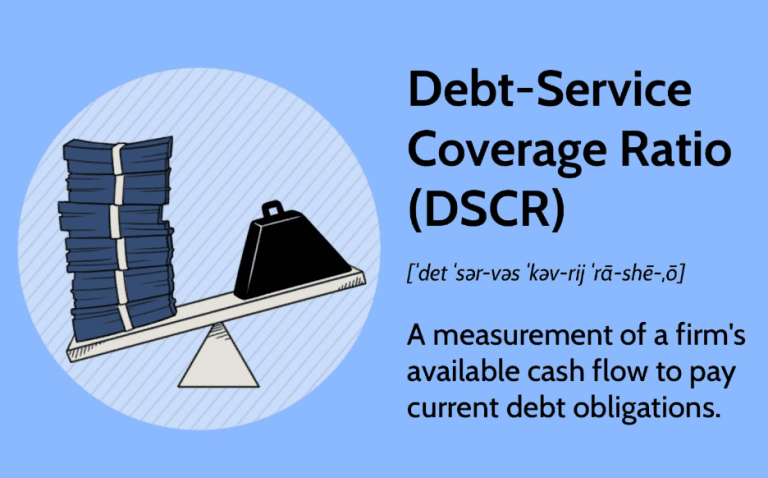Unlocking Opportunities: The Essential Guide to Choosing the Right Commercial Lender
Introduction: Navigating the World of Commercial Lenders
In the fast-paced world of business financing, the role of a commercial lender is crucial. For businesses seeking to expand, renovate, or invest in new ventures, partnering with the right commercial lender can make all the difference. This guide explores the key aspects of selecting a commercial lender and how to leverage their services to achieve your financial goals.
What Is a Commercial Lender?
Commercial lenders are financial institutions or individuals who provide loans specifically designed for business purposes. Unlike traditional personal loans, commercial loans are tailored to meet the unique needs of businesses, ranging from small startups to large corporations.
Types of Commercial Lenders
- Banks: Traditional banks offer a range of commercial loans, including lines of credit, term loans, and equipment financing. They are known for their stability and regulatory oversight.
- Credit Unions: Often providing more personalized service and competitive rates, credit unions can be an excellent option for local businesses seeking commercial financing.
- Online Lenders: These lenders offer a streamlined application process and faster approval times, making them suitable for businesses that need quick access to capital.
- Private Lenders: Private lenders, including individuals and private equity firms, can offer flexible terms and funding for specialized business needs.
Key Factors to Consider When Choosing a Commercial Lender
Selecting the right commercial lender involves evaluating several important factors to ensure you get the best financing solution for your business.
1. Interest Rates and Fees
Interest rates can vary significantly between lenders. It’s essential to compare rates and fees, including origination fees, prepayment penalties, and other associated costs. Lower rates and fees can significantly impact your business’s bottom line.
2. Loan Terms and Flexibility
Different lenders offer varying loan terms, including the length of the loan and repayment schedule. Consider how flexible the lender is regarding early repayment or adjustments to the loan terms if your business circumstances change.
3. Approval Process and Speed
The speed at which a lender processes loan applications and disburses funds is crucial, especially for businesses with urgent financing needs. Assess the lender’s application process and timeline to ensure it aligns with your requirements.
4. Customer Service and Support
A lender’s customer service can greatly impact your experience throughout the loan process. Look for a lender that offers excellent support and is responsive to your inquiries and concerns.
5. Reputation and Reviews
Research the lender’s reputation within the industry. Customer reviews and testimonials can provide valuable insights into the lender’s reliability, transparency, and overall service quality.
Benefits of Working with a Commercial Lender
Partnering with a commercial lender offers several benefits, including:
- Access to Large Sums of Capital: Commercial lenders can provide significant funding that might be challenging to obtain through personal loans or smaller financial institutions.
- Customized Financing Solutions: Lenders often offer tailored loan products designed to meet specific business needs, such as equipment financing, real estate purchases, or working capital.
- Professional Advice and Guidance: Experienced commercial lenders can offer valuable financial advice and guidance, helping you make informed decisions and navigate complex financing options.
Steps to Secure a Commercial Loan
Securing a commercial loan involves several key steps:
- Prepare Your Financial Documents: Lenders will require detailed financial statements, business plans, and tax returns to assess your loan application.
- Evaluate Your Financing Needs: Determine how much capital you need and how you plan to use it. This will help you identify the most suitable loan products and lenders.
- Compare Lenders: Research and compare different commercial lenders to find the best fit for your business needs.
- Submit Your Application: Complete and submit your loan application along with the required documentation.
- Review and Accept the Offer: Carefully review the loan terms and conditions before accepting the offer. Ensure that you understand all the terms and are comfortable with the agreement.
Conclusion: Making the Right Choice
Choosing the right commercial lender and meeting fincen reporting requirements is crucial for securing the financial support your business needs to thrive. By carefully considering factors such as interest rates, loan terms, and lender reputation, you can find a financing partner that aligns with your business goals and helps pave the way for future success.
Remember, the right lender can provide not just capital, but also support and guidance that can drive your business forward. Take the time to evaluate your options and choose a lender that will contribute positively to your business journey.



